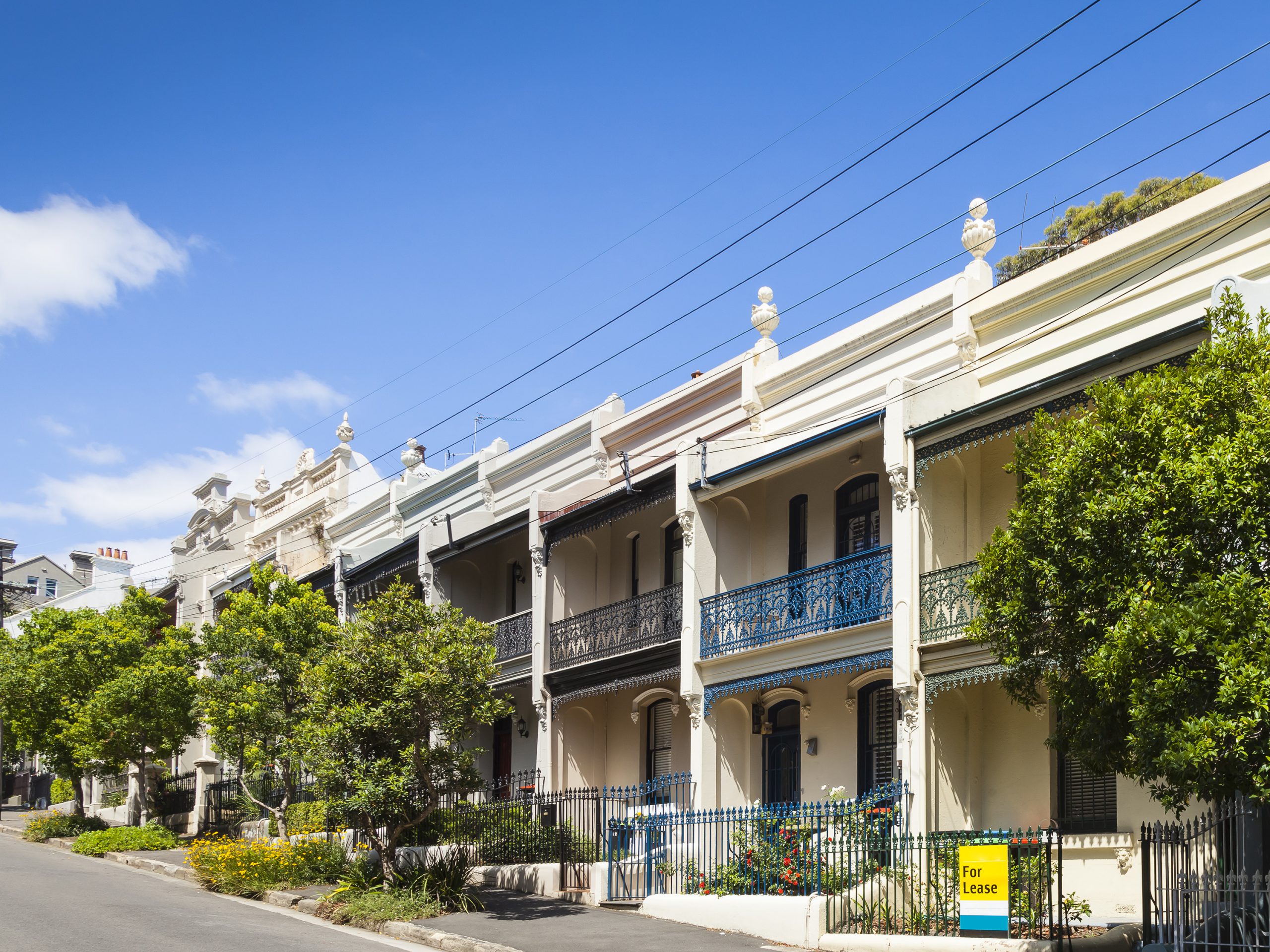
Rent rises may be about to max out, but more investors may enter the market once interest rates have stabilised, says industry researcher Core Logic.
That’s because the latest figures for August and September show rents continue to increase annually by 10%.
CoreLogic’s latest quarterly review has found that rents rose 0.6% in September – the smallest monthly increase this year.
Another slowdown was registered for the July-to-September quarter, with rents increasing 2.3% compared with 2.9% for the preceding 12 weeks to June 30. Rents nationally have jumped 20%, or $90 per week, since August 2020.
In its commentary, CoreLogic says it’s “a little surprising” that rent rises are slowing given the shortage of rental properties. However, landlords may be bumping up against “affordability constraints”.
One reason for the shortage has been investors cashing out at the peak of the recent property boom, selling to owner-occupiers. It helped cause the rental stock to fall -35.4% below the five-year average.
Vacancy rates are now at their lowest level, registering just 1.1% for the September quarter compared with 1.3% for June.
Some fast facts from the CoreLogic commentary on the rental market:
Yields
Rental yields are getting stronger as property values adjust to higher interest rates. A 4.1% fall in national property values has combined with a 2.3% rise in income for the September quarter, resulting in yields rising to 3.57%. Yields are still not at their pre-pandemic average of 4.24%.
Buyers
Once interest rates have stabilised, higher yields coupled with lower values and stronger buying conditions could entice more investors to enter the market.
New options
A growing number of tenants are forming larger households or finding more affordable rental options to reduce costs.
Migration
Capital city rent increases outpace those in the regions. The return of overseas migrants to Sydney and Melbourne is influencing this trend.
National view
Rents rose fastest in Brisbane (3.8%) in the September quarter. The only city to experience any negative movement was Canberra, where house rents dipped 0.9%. However, it remains the most expensive city to rent a house, at an average $730 per week.
